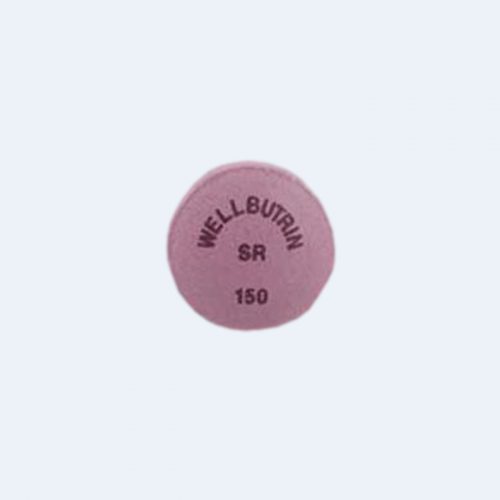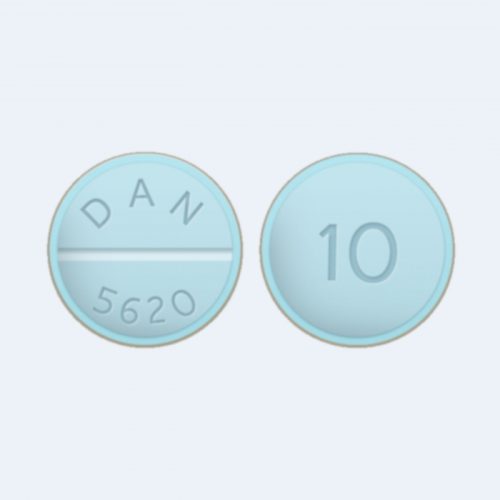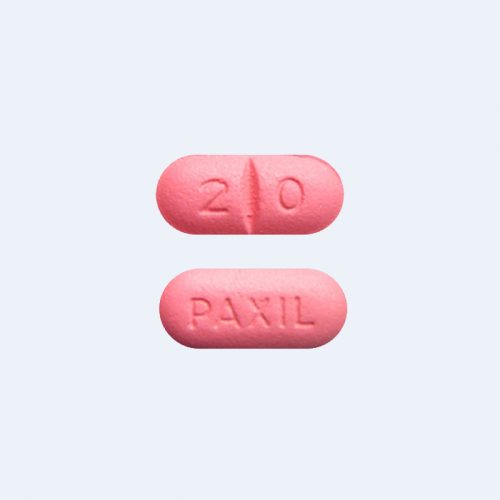Effexor

Famvir
January 27, 2017
Doxycycline
January 27, 2017Eliminating Symptoms of Depression with Effexor
Effexor is an innovative antidepressant that promotes an effective depression treatment.
Belonging to a group of selective serotonin and norepinephrine reuptake inhibitors, Venlafaxine influences the brain chemicals, balancing related disorders, such as anxiety, major depressive disorders, panic attacks and others.
The drug can be administered for other instances not listed in the safety guide.
Important Facts to Remember before Effexor Treatment Course
Use the medication as prescribed by the doctor to benefit from Effexor impact. Never take the medication in larger or smaller doses to avoid the drug misuse.
Keep in mind that Effexor should be administered with food, preferably approximately at the same time every day. Your doctor may require the blood pressure to be frequently checked in order to track the effectiveness of the medication.
Keep using the drug for the whole length of the course, since it can sometimes take over 4 weeks to experience positive changes. Never stop Effexor intake abruptly, as it can lead to dangerous withdrawal symptoms.
Do not share the drug with other patients, irrespective of their condition and disorders.
Using Effexor for Best Results
To achieve the greatest Effexor impact on the organism, it is necessary to eliminate possible risks and decrease any factors that can reduce the drug effectiveness.
First of all, do not even start the treatment course if you are allergic to the active component of the treatment or similar pharmaceuticals (Venlafaxine, Desvenlafaxine and others).
Additionally, patients diagnosed with narrow-angle glaucoma are contraindicated for Effexor use.
Certain medical conditions may significantly affect Effexor influence and sometimes even cause side effects.
Make sure your healthcare provider knows about all the illnesses and complications you have, especially:
- Diabetes;
- Kidney problems;
- Thyroid disorders;
- Uncontrolled high blood pressure;
- Increased cholesterol level;
- Liver diseases, including cirrhosis and other serious conditions;
- Manic depression;
- Seizures, etc.
Numerous prescription and non-prescription drugs will also interact with Effexor and lead to undesirable reactions. Thus, prevent the combination of Effexor with other antidepressants, Tramadol, blood thinners, migraine headache treatments, Cimetidine, MAO inhibitors, etc.
Effexor Doses and Related Problems
Proper Effexor dose is the key to a successful treatment course. Consult your healthcare provider about a safe and effective dose required for positive results. An average Effexor dose will depend on the condition and includes:
To treat depression – 37.5 mg is the initial dose that should be administered twice a day. The maintenance dose may increase up to 75 mg, while the maximal daily dose is 375 mg a day;
To improve anxiety symptoms – 75 mg Effexor once a day, with the maximal allowed dose being 225 mg.
The medication overdose can trigger serious allergic reactions, seizures, vision disorders and other complications.








